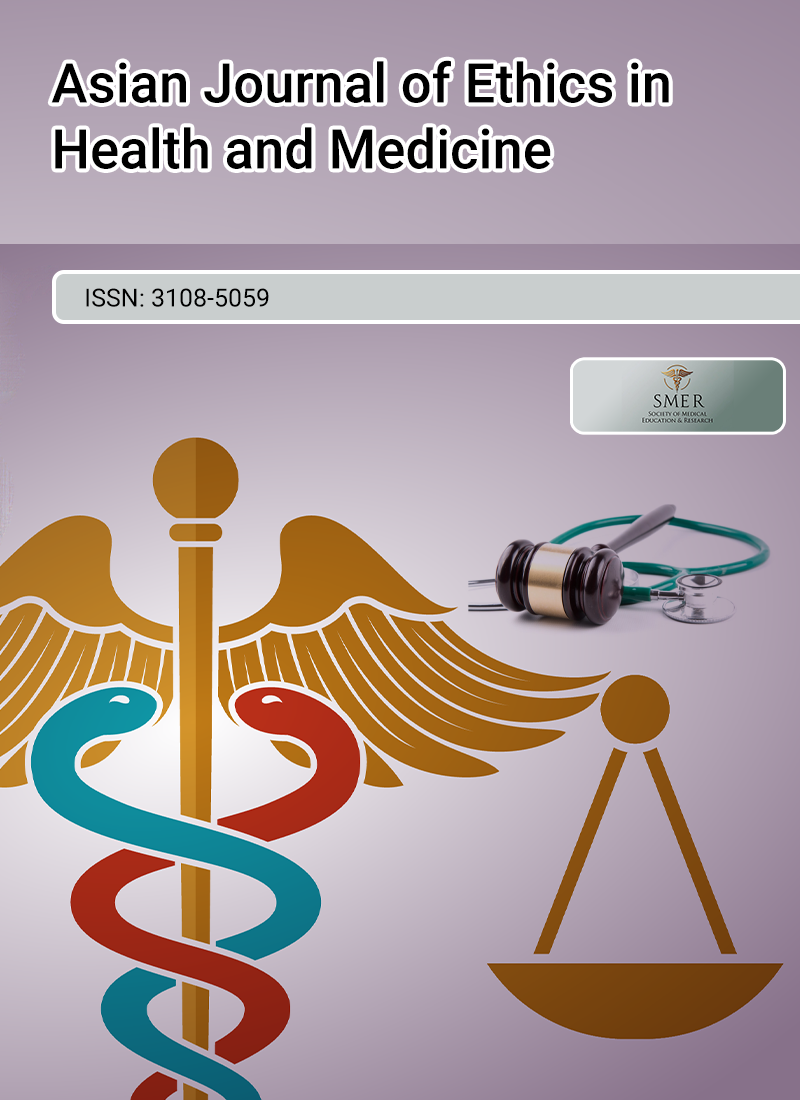
Vascular surgery encompasses procedures aimed at alleviating pain and ulcers, as well as preventing life-threatening events such as vessel rupture. These interventions inherently carry risks of harm, which are amplified in older or frail patients, creating complex decision-making scenarios that raise ethical challenges. Despite this, little is known about how vascular surgeons navigate these moral questions. This study aimed to investigate how vascular surgeons reason morally about what should be done for their patients. Nineteen vascular surgeons from three Swedish university hospitals participated in qualitative, semi-structured interviews. The data were analyzed using systematic text condensation. Surgeons’ moral reasoning centered on the pursuit of alleviating suffering and minimizing harm by determining what is reasonable for each patient. This process of assessing reasonableness involved three interconnected dimensions: shifting focus from the blood vessels to the whole person, balancing competing patient needs, and assuming personal responsibility for clinical decisions. Shifting focus entailed developing a holistic understanding of the patient, negotiating surgical authority through dialogue, and fostering relationships to ensure mutual trust. Balancing needs involved weighing the patient’s autonomy and sense of integrity against relief from suffering, respecting patient preferences while safeguarding life and well-being, and considering long-term survival versus immediate quality of life. Assuming responsibility included recognizing the potential for complications, tempering one’s surgical authority, and managing timing throughout the illness trajectory. The study highlights how moral reasoning is embedded in the everyday clinical practices of vascular surgeons, influencing both patient care and decision-making. Findings emphasize the importance of integrating ethical reflection alongside medical expertise and technical skill. Clinically, these results suggest the need for structured forums where surgeons can actively discuss and reflect on the moral dimensions of their practice.